- Home›
- Healthy Living›
- 10 Effective Home Remedies To Treat Kidney Stones
10 Effective Home Remedies To Treat Kidney Stones
By: Priyanka Maheshwari Fri, 07 June 2024 12:19:47
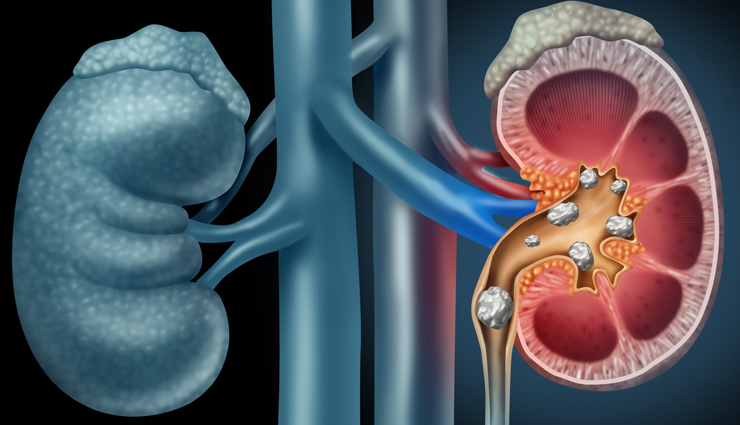
Kidney stones, also known as renal calculi, nephrolithiasis, or urolithiasis, are solid deposits of minerals and salts that form inside the kidneys. They can cause significant pain and discomfort when they move through the urinary tract. Understanding kidney stones involves exploring their types, causes, symptoms, diagnosis, and treatments.
Kidney stones are crystalline substances that form from minerals and salts in the urine. They can vary in size from tiny grains of sand to large stones that can fill the renal pelvis. Depending on their size and location, they can either pass through the urinary tract unnoticed or cause severe pain and complications.
Types of Kidney Stones
- Calcium Stones: The most common type, made primarily of calcium oxalate or calcium phosphate.
- Uric Acid Stones: Form when urine is too acidic, often linked to high-protein diets or conditions like gout.
- Struvite Stones: Usually form in response to a urinary tract infection and can grow quickly and become quite large.
- Cystine Stones: Form due to a hereditary disorder that causes the kidneys to excrete too much cystine, a natural amino acid.
Kidney stones can be painful and disruptive. While it's important to consult a healthcare provider for severe cases or recurrent stones, many find relief through home remedies, especially for smaller stones. Here are some effective home remedies to help treat and possibly prevent kidney stones:
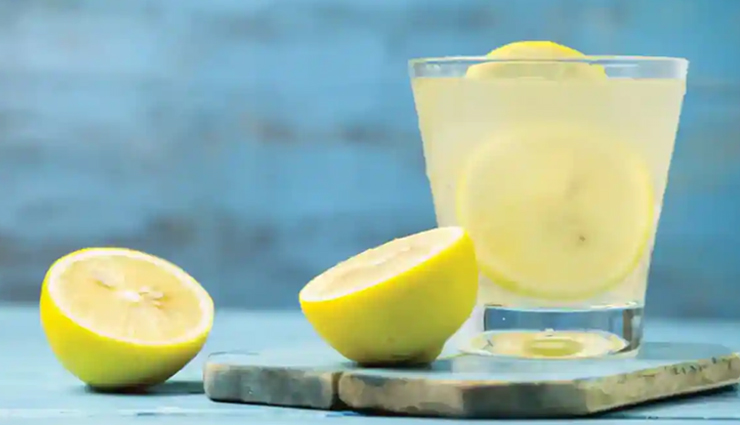
# Hydration
Drink Water: Drinking plenty of water is the most effective way to prevent and pass kidney stones. Aim for at least 8-10 glasses a day.
Lemon Water: Lemon juice contains citrate, which can help break down calcium stones and prevent new stones from forming.
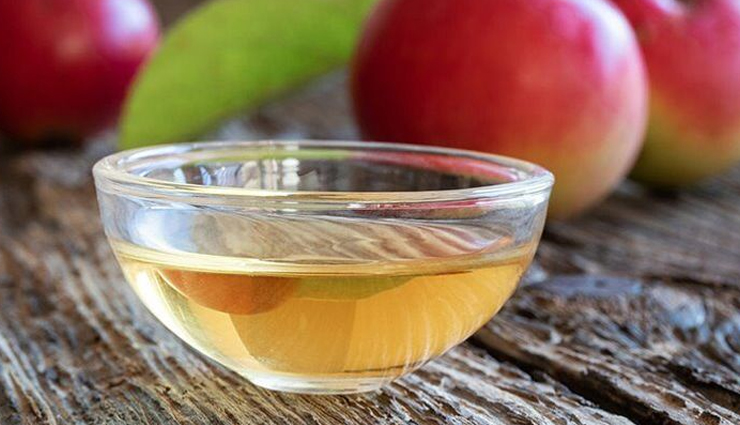
# Apple Cider Vinegar
Mix 1-2 tablespoons of apple cider vinegar with a glass of water. This may help dissolve stones and reduce pain.

# Dietary Adjustments
Reduce Oxalates: Foods high in oxalates (e.g., spinach, nuts, beets) can promote stone formation. Limit these in your diet.
Lower Salt Intake: High sodium can increase calcium in the urine, leading to stone formation.
Moderate Protein: Excessive animal protein can increase stone risk. Opt for balanced protein sources.
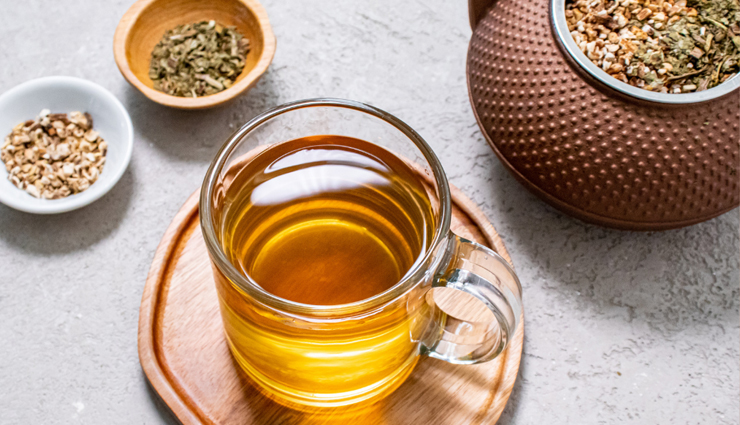
# Herbal Remedies
Basil Juice: Basil contains acetic acid, which may help break down kidney stones. Drink basil tea or juice from fresh basil leaves.
Dandelion Root Tea: Acts as a kidney tonic and may promote overall kidney health.
Nettle Leaf Tea: Helps maintain the flow of water through the kidneys and bladder, promoting smooth urination.

# Pomegranate Juice
Drink Pomegranate Juice: Rich in antioxidants and can help to flush out stones and toxins from the system.

# Magnesium and Calcium Supplements
Magnesium: May help prevent stones, especially if you have a deficiency.
Balanced Calcium: Ensure adequate calcium intake from diet to prevent stones rather than supplements, which can increase risk.

# Cranberry Juice
Drink Unsweetened Cranberry Juice: Useful for urinary tract health and may prevent the formation of certain types of kidney stones.
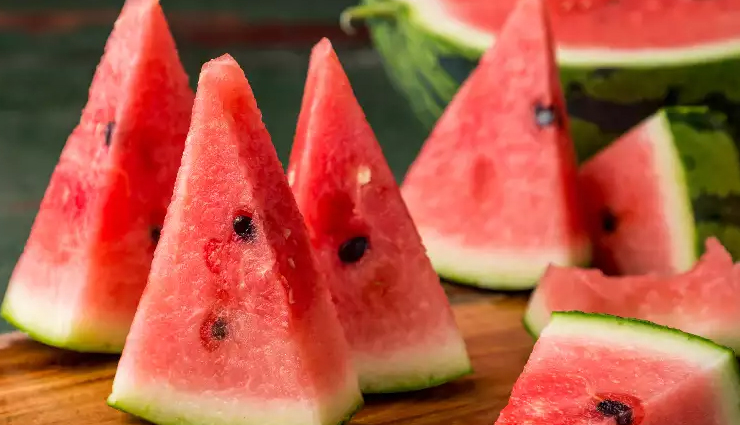
# Watermelon
Consume Watermelon: High water content and can help with hydration and flushing out stones.

# Exercise
Regular Physical Activity: Can help manage weight and improve overall kidney health.

# Pain Management
Heat Pads: Apply heat pads to the lower abdomen or back to alleviate pain.
Over-the-Counter Pain Relievers: Use NSAIDs like ibuprofen for managing pain, but consult a healthcare provider if unsure.
Foods to Avoid During Kidney Stones
# High-Oxalate Foods
Oxalates are naturally occurring substances found in many foods, and they bind with calcium in the urine to form calcium oxalate stones. Limiting high-oxalate foods is crucial for those prone to these stones.
Spinach: Contains high levels of oxalate.
Rhubarb: Very high in oxalates, often a common culprit.
Beets: Both beetroot and beet greens are high in oxalates.
Nuts: Almonds, cashews, and peanuts have significant oxalate content.
Soy Products: Tofu, tempeh, and other soy-based foods can be high in oxalates.
Chocolate: Contains a moderate amount of oxalate.
Sweet Potatoes: High oxalate content, especially when consumed in large amounts.
# High-Purine Foods
Purines are substances found in many foods that, when metabolized, produce uric acid. High levels of uric acid can lead to uric acid stones.
Red Meat: Beef, lamb, and pork are high in purines.
Organ Meats: Liver, kidneys, and other organ meats are particularly high in purines.
Shellfish: Shrimp, crabs, and other shellfish can contribute to high uric acid levels.
Anchovies and Sardines: Small fish have a high purine content.
Alcohol: Beer and other alcoholic beverages can increase uric acid production.
Certain Seafood: Scallops, mussels, and other seafood are high in purines.
# High-Sodium Foods
Sodium increases calcium levels in urine, which can lead to the formation of calcium-based stones. Reducing sodium intake is vital for stone prevention.
Processed Foods: Packaged snacks, canned soups, and frozen meals are often high in sodium.
Salted Snacks: Chips, pretzels, and other salted snacks.
Fast Food: Often contains excessive amounts of sodium.
Condiments: Soy sauce, barbecue sauce, and other sauces are high in sodium.
Cured Meats: Bacon, ham, and deli meats.
# High-Sugar Foods and Drinks
Sugary foods and beverages can increase the risk of kidney stones by promoting calcium excretion in the urine.
Sugary Beverages: Sodas, especially those containing high fructose corn syrup.
Sweetened Snacks: Cakes, cookies, and candies.
Sugary Breakfast Cereals: Many breakfast cereals contain added sugars.
Fruit Juices: Some are high in sugar and can increase the risk of stone formation.
# High-Protein Foods
A high-protein diet can increase the risk of kidney stones by increasing the amount of calcium and oxalate in the urine.
Animal Proteins: Beef, poultry, pork, and fish.
High-Protein Diets: Diets that emphasize protein intake, such as keto or Atkins diets.
# Carbonated Beverages
Carbonated drinks, especially colas, can affect the formation of kidney stones due to their phosphate content.
Cola Beverages: Contain phosphoric acid, which can promote kidney stone formation.
Carbonated Water: While less of a risk, flavored carbonated waters can sometimes contribute.





